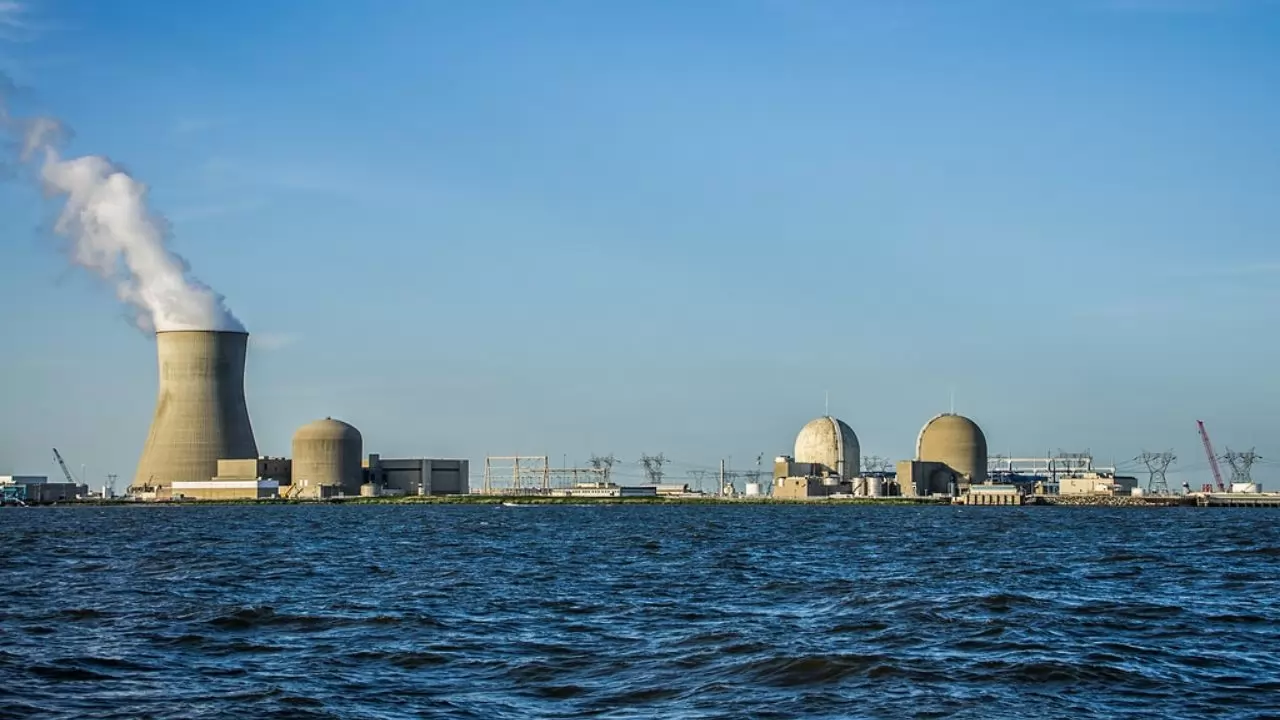
flickr
In one of the significant moves, the Union Finance Minister Nirmala Sitharaman discussed the development of 'Bharat Small Reactors' and small modular reactors (SMRs) in the Union Budget 2024 on July 23. This strategic initiative aims to enhance India's nuclear energy capabilities by leveraging the advantages of smaller, more flexible nuclear reactors. These reactors are designed to be more economical, quicker to build, and can be deployed in remote locations with lower power demands.
The focus on small modular reactors aligns with global trends towards modularity and scalability in nuclear energy, allowing for better integration with renewable energy sources and providing a reliable, low-carbon energy option. The development of SMRs in India is expected to boost energy security, reduce greenhouse gas emissions, and support the nation's growing energy needs.
@ntpclimited & @BHEL_India to build an 800 MW plant with AUSC technology. The Government will partner with the private sector to:
🔹Set up Bharat Small Reactors
🔹Develop Bharat Small Modular Reactors
🔹Advance nuclear energy technologies
2/2
Read : https://t.co/H0zHIdt6gT— PIB in Chandigarh (@PIBChandigarh) July 23, 2024
According to the official press release, as the Finance Minister highlighted, nuclear energy is anticipated to make up a sizable portion of Viksit Bharat's energy mix. In order to achieve that goal, the government will collaborate with the business sector on the following projects: (1) establishing Bharat Small Reactors; (2) researching and developing Bharat Small Modular Reactors; and (3) researching and developing advanced nuclear energy technology. This industry will have access to the R&D funds that was mentioned in the interim budget.
‘Bharat Small Reactors’ is a term used to describe India's push towards the development and deployment of small modular reactors within the country. This initiative aligns with India's broader energy strategy to enhance its nuclear power capacity, ensure energy security, and reduce carbon emissions.
Small Modular Reactors are a type of nuclear reactor that are smaller in size and power output compared to traditional nuclear power reactors. They are designed to be constructed in a factory setting and then transported to the site where they will be operated. This modularity allows for more flexible and scalable deployment of nuclear power.
SMRs can be built in modules, allowing for easier construction, transportation, and assembly. They are typically smaller in size and can generate up to 300 megawatts of electricity, compared to traditional reactors that can generate around 1,000 megawatts or more.
In addition to this, SMRs incorporate advanced safety features, including passive safety systems that operate without the need for human intervention or external power sources. They can be used in remote locations or smaller grids, making them suitable for a variety of applications, including industrial power supply and desalination.
The modular construction process and smaller size can potentially reduce the costs and construction times associated with traditional nuclear reactors.
India's interest in SMRs, as highlighted in Budget 2024, stems from the need to diversify its energy mix, reduce dependence on fossil fuels, and meet its climate goals. SMRs offer a potential solution to provide reliable and clean energy, especially in areas where traditional large reactors are not feasible. The development of ‘Bharat Small Reactors’ signifies India's commitment to advancing its nuclear technology capabilities and achieving energy self-sufficiency.
The initiative is part of India's broader strategy to enhance its technological capabilities in the nuclear sector and contribute to global efforts in developing innovative and sustainable energy solutions.





Copyright © 2025 Top Indian News
